Everyone likes to be liked, and for some people it seems that saying no is harder than for others. In the past I’ve been made to feel bad, that saying no is my fault. I’ve been scared or afraid of how the other person may act or behave. Particularly as I am reliant on the good will of whoever is working with me. I also like to please people and can sometimes say yes. This can be especially when I need from a workload perspective to say no. Learning to say no is not an easy thing to do.
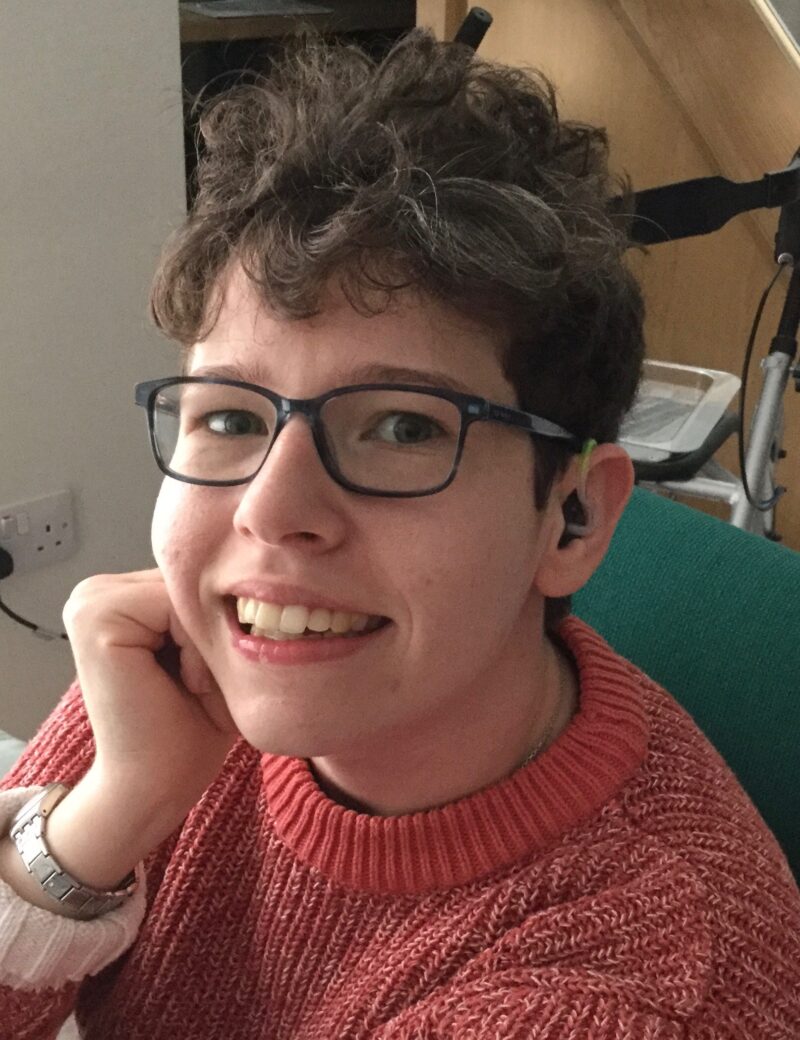
There is research showing people with complex needs often smile at their staff, and say yes, when they would like to say no.
Bob Segalman, who uses AAC, and lives in America has said, “saying ‘no’ is not something I usually do, possibly because of my exaggerated need to please people”. I can identify with Bob’s comments, I remember a time at mainstream secondary school I was desperately unhappy with one staff member. I talked with Mum and it was agreed she would raise this with the Senco. At first school failed to accept this might be a problem because every time they observed me I appeared to be a smiley person. The thing they weren’t getting was my smile was false, I needed to keep on board the particular teaching assistant as I was reliant on her throughout the days she worked.
Over time when things go wrong I still find I smile even when I might be seething, and I am prone to say yes when I mean no. Learning to say no is not easy! Often it’s easy to get swept along, agree to something that isn’t what you want and then reflect later, I’m practicing my ‘can I come back’ or ‘I will think about it’ responses. I remember being booked into a special needs camp one summer, when Mum came to collect me at the end of the first day the staff raved about how well I’d fitted in, how smiley I was and how they couldn’t wait to see me again. I nodded, smiled and went along with them and Mum was delighted, imagine her horror when we got in the car and I had a complete meltdown. I’d spent the day being patronised, talked at in a loud voice, given no choices about what I did or how, and not been allowed to use my communication aid. Needless to say I didn’t go back the next day.
As an adult in my own home, responsible for my own life, then I get to say no when I need to. But, this isn’t always straightforward! Sometimes it’s been a (new) team member who is just over effusive and pushing me to do something I don’t want to do, and sometimes it has been a slow build with someone who ‘thinks they know best’. Learning to say no can have an unexpected downside: a team member may feel threatened as I’m not agreeing with them or they view me as uncooperative, this can lead them to behave defensively, aggressively or in an unacceptable way. When I was in mainstream school at the age of 12 I had a complaint about me from a temporary teaching assistant. She was helping me eat and trying to push food into my mouth before I had chewed and swallowed, she thought my turning my head away was rude…I couldn’t say no as my communication aid had been removed. Having the tools to agree to a course of action is paramount.
But whatever the cause I’ve learned strategies to cope and make my point, it isn’t always comfortable but I now know I need to be rational, explain what I want and stand up for what is right for me. I still don’t always get it right, and I sometimes even doubt myself, but the starting point is setting out expectations on the first day of employment, a module in my team training covers the challenges of learning to say no when you need to rely on others in everyday life!
For more on augmentative and alternative communication and working with communication partners please check out my website.

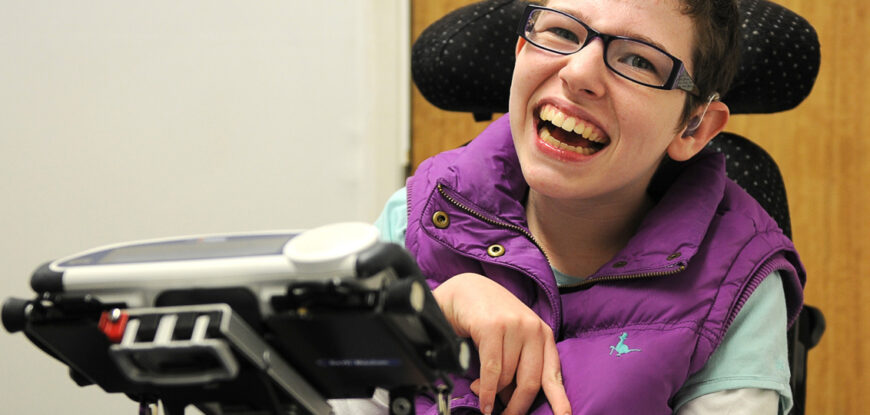
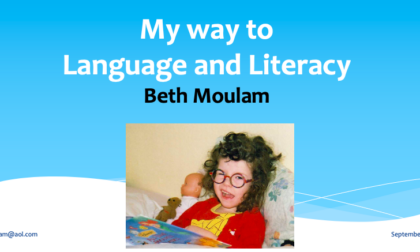
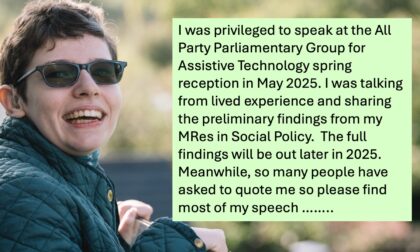
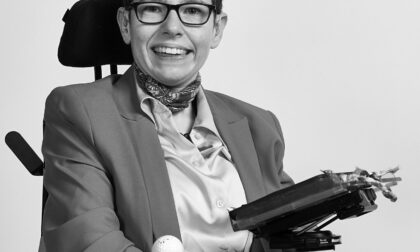
If you found this interesting or
helpful please feel free to share.